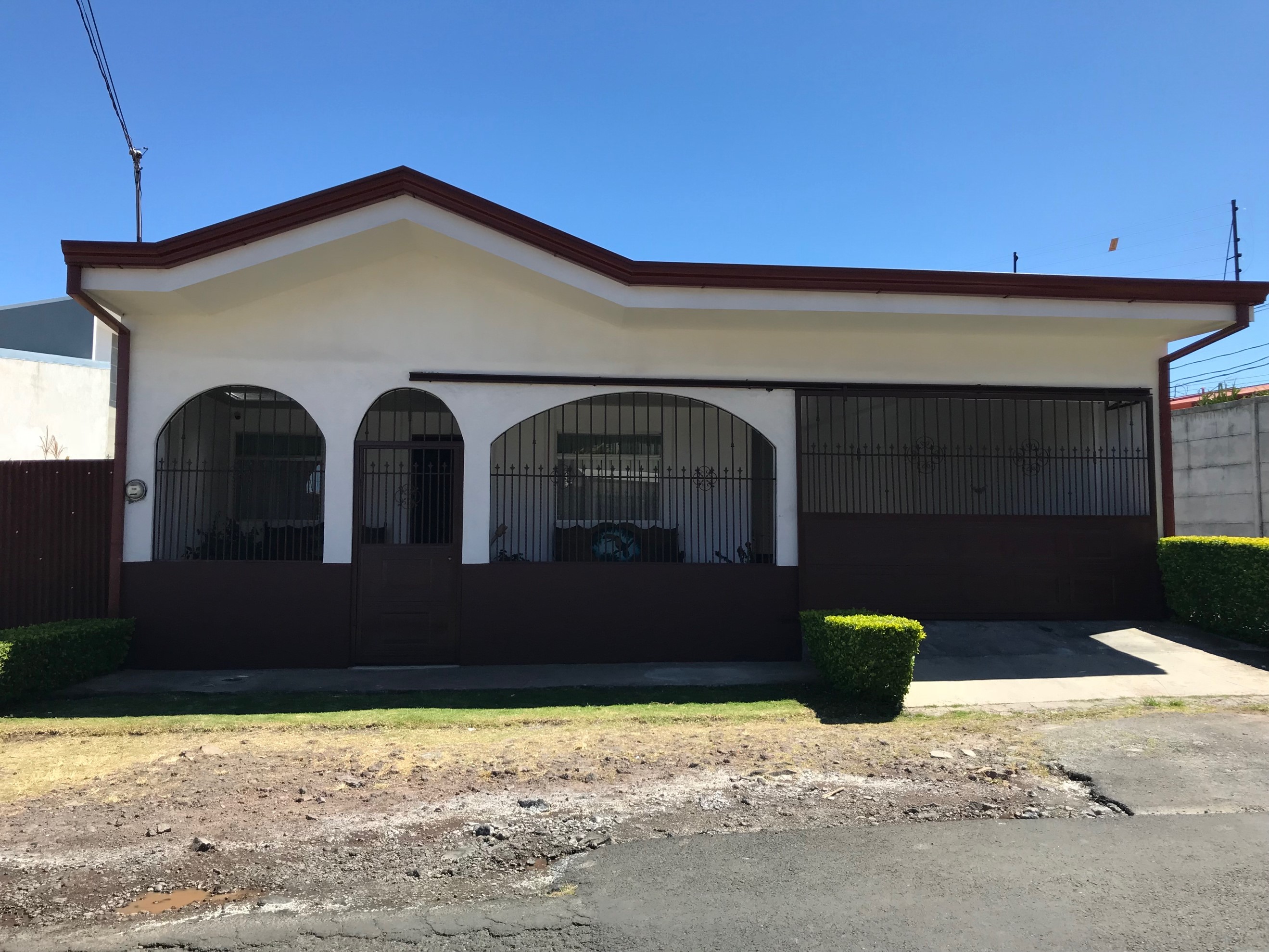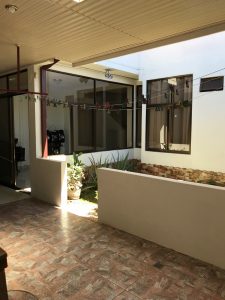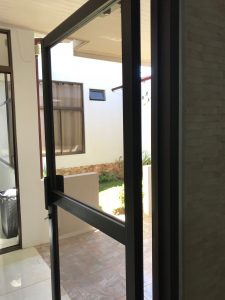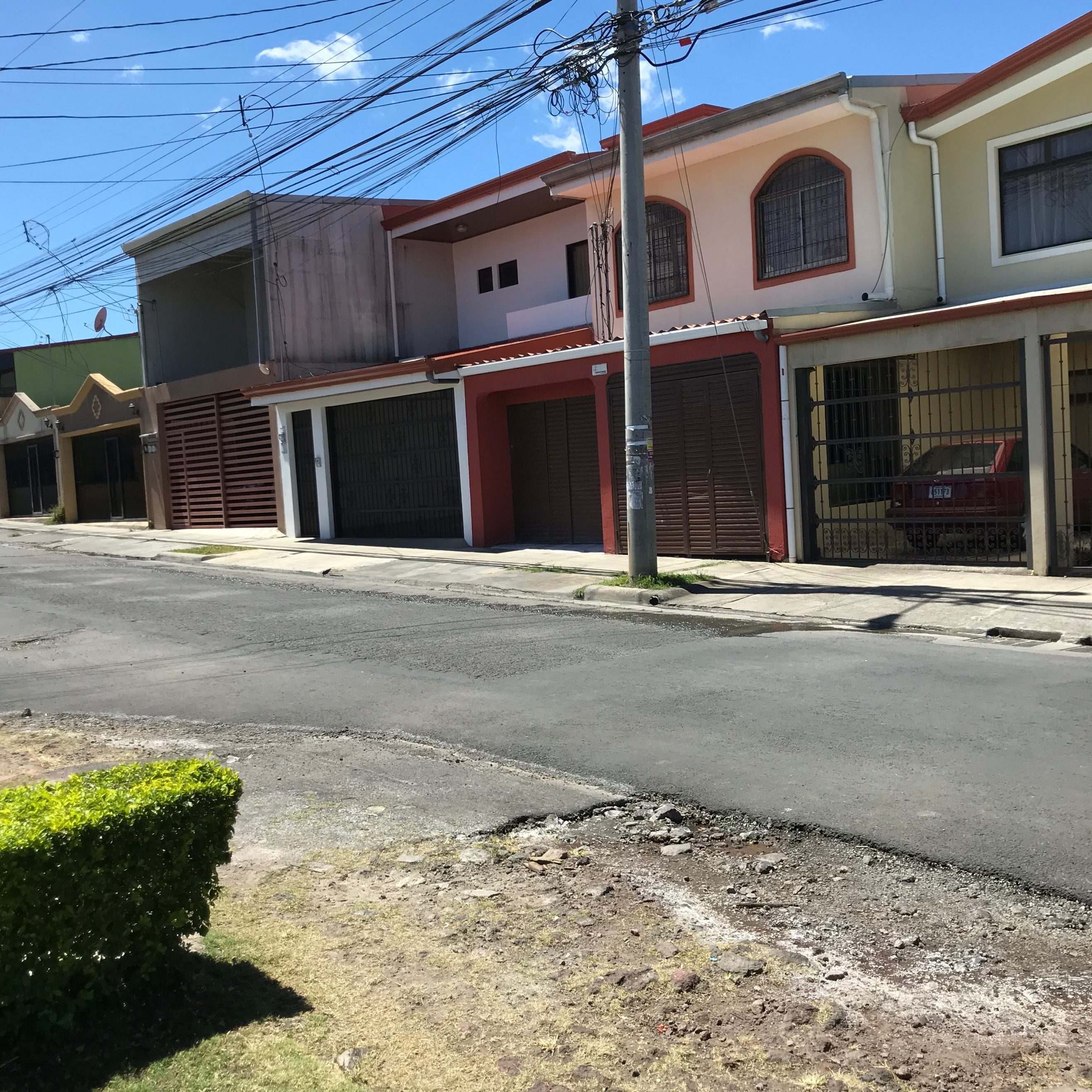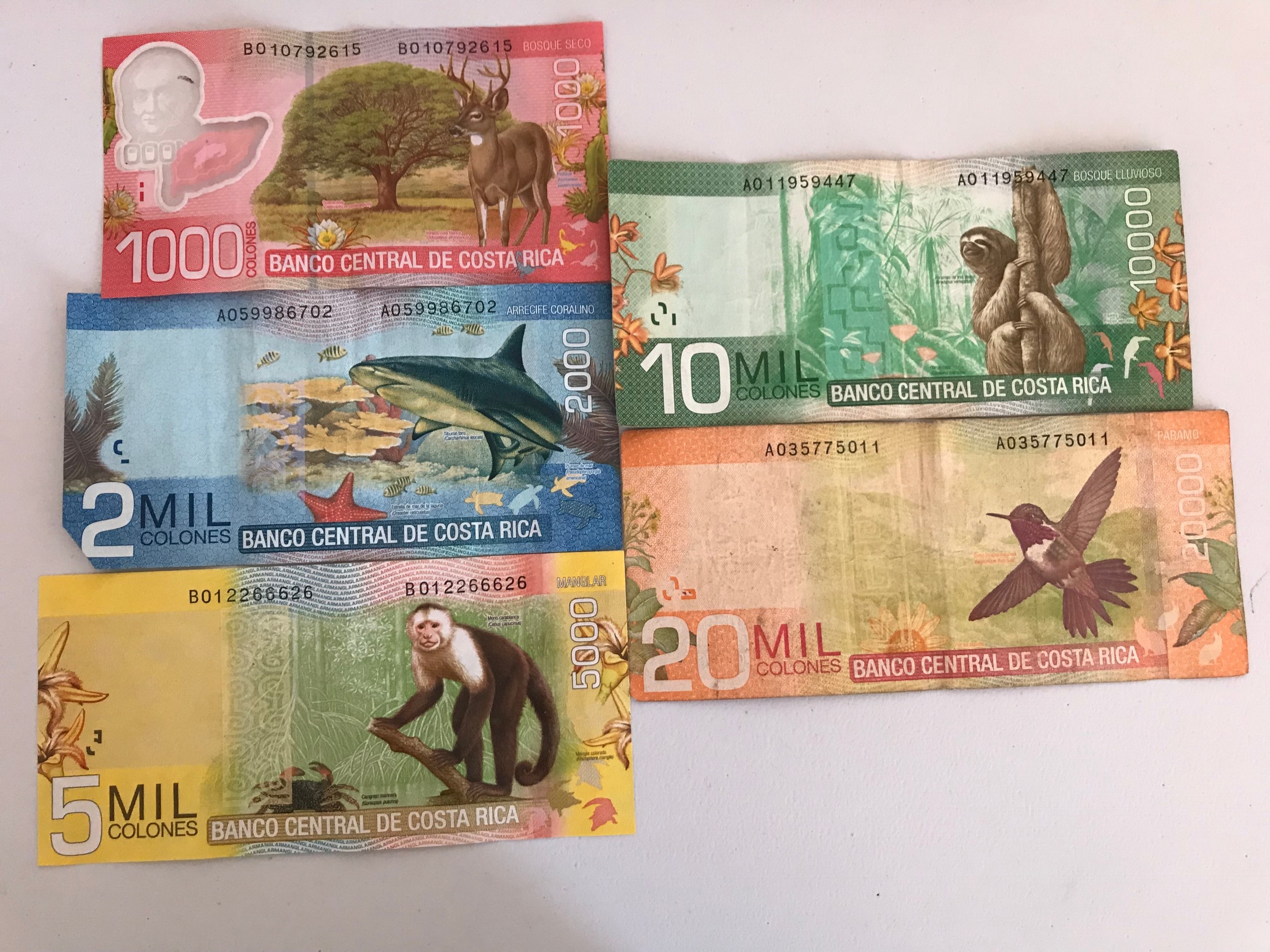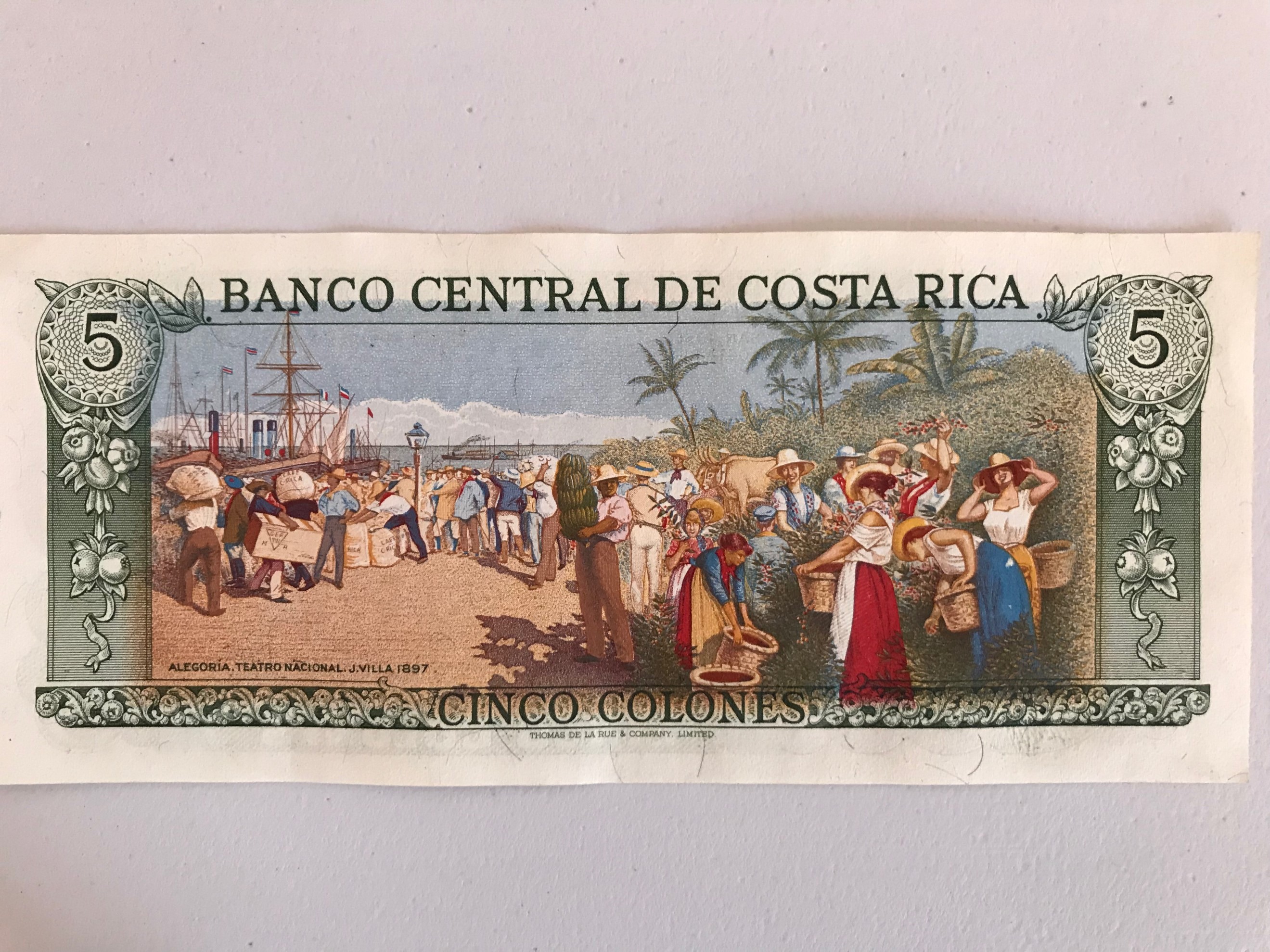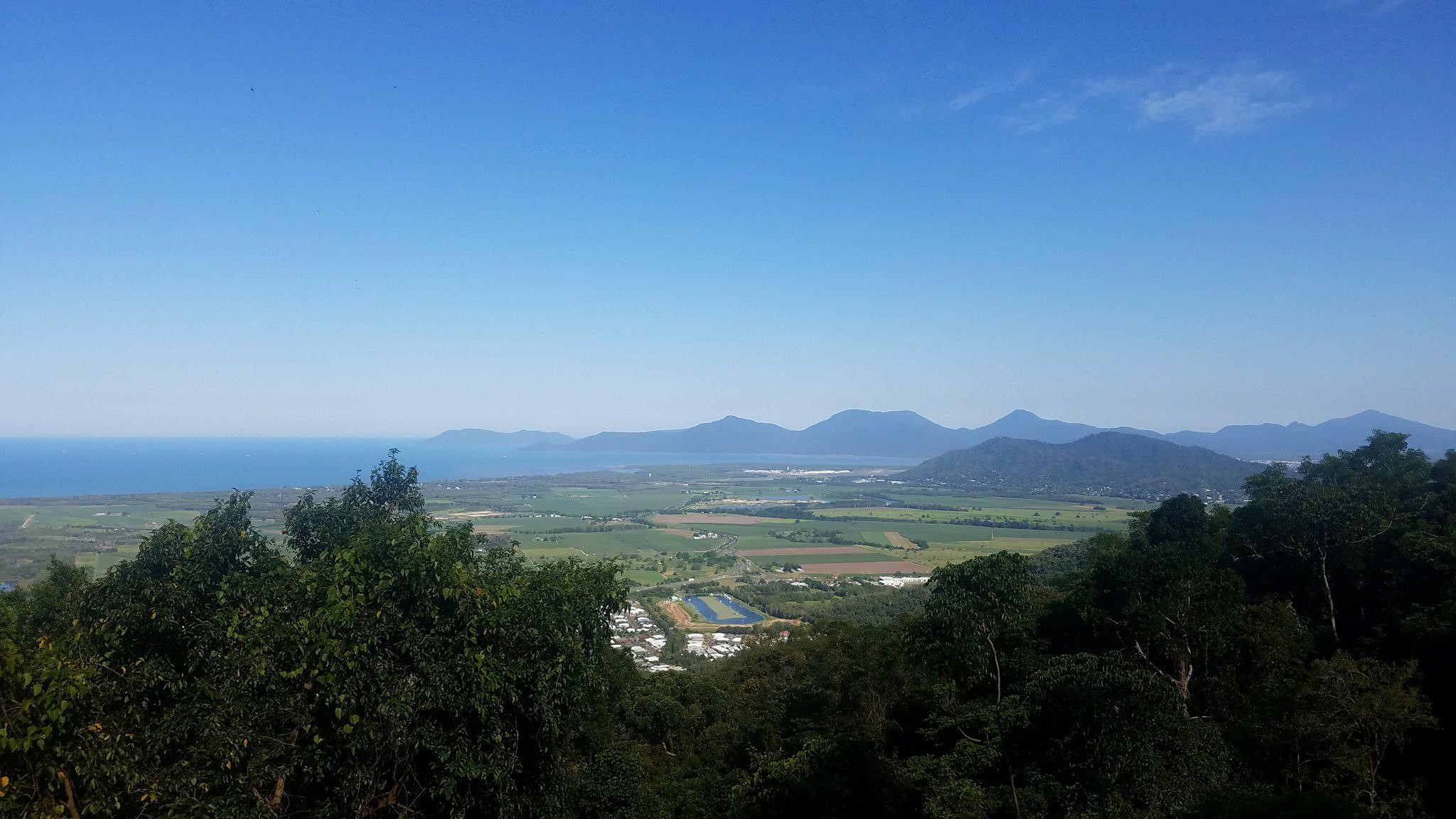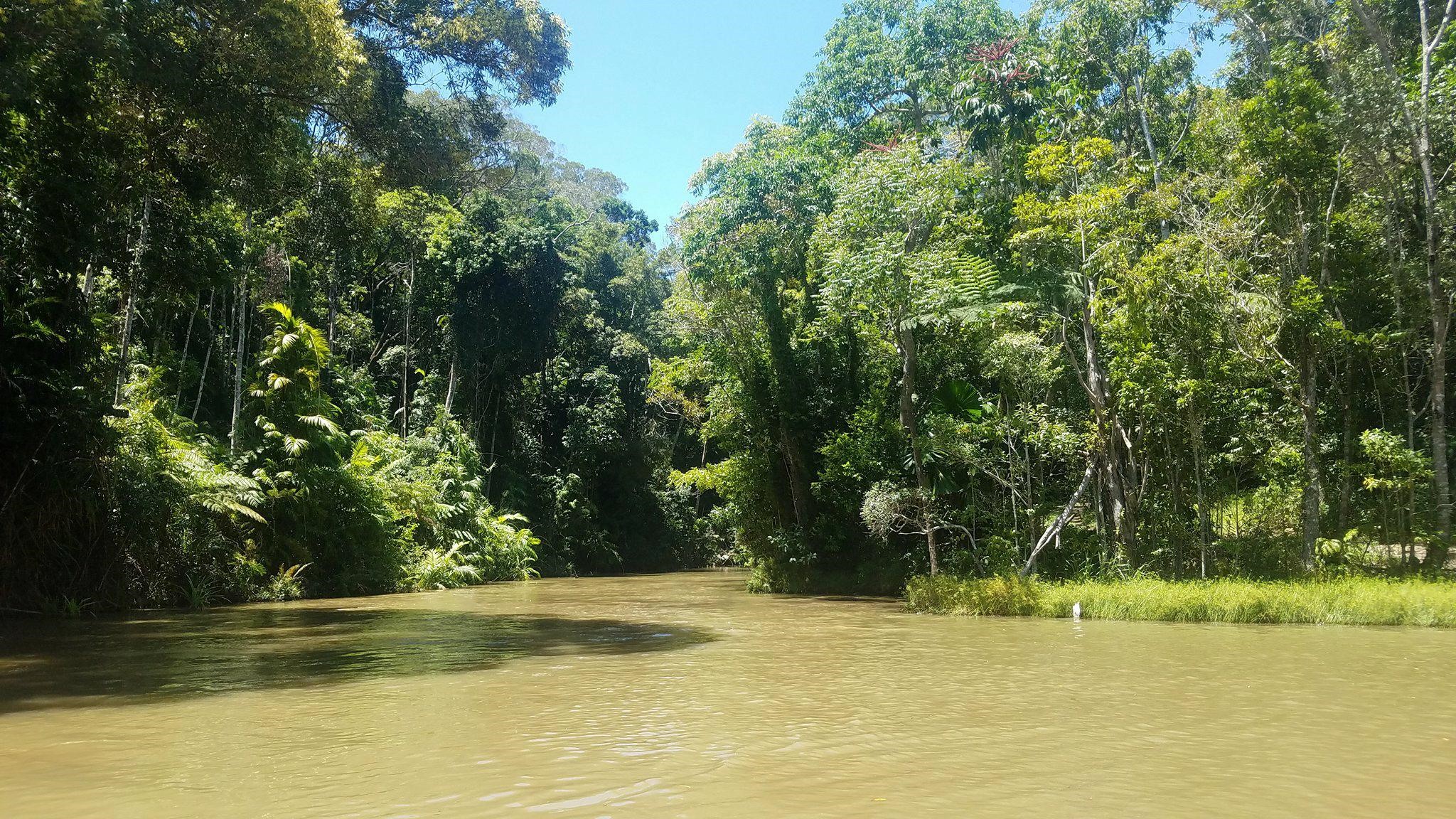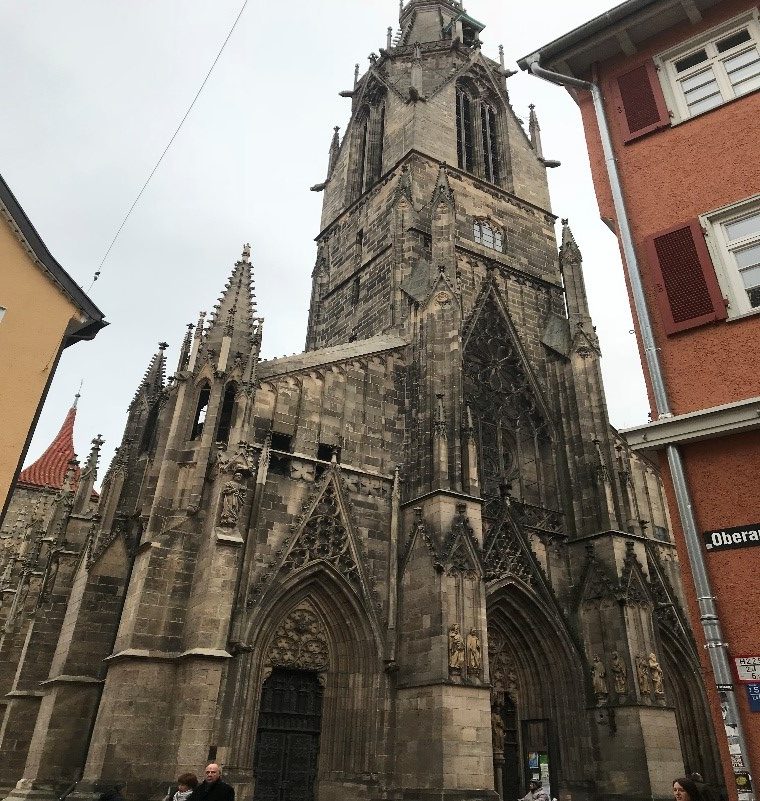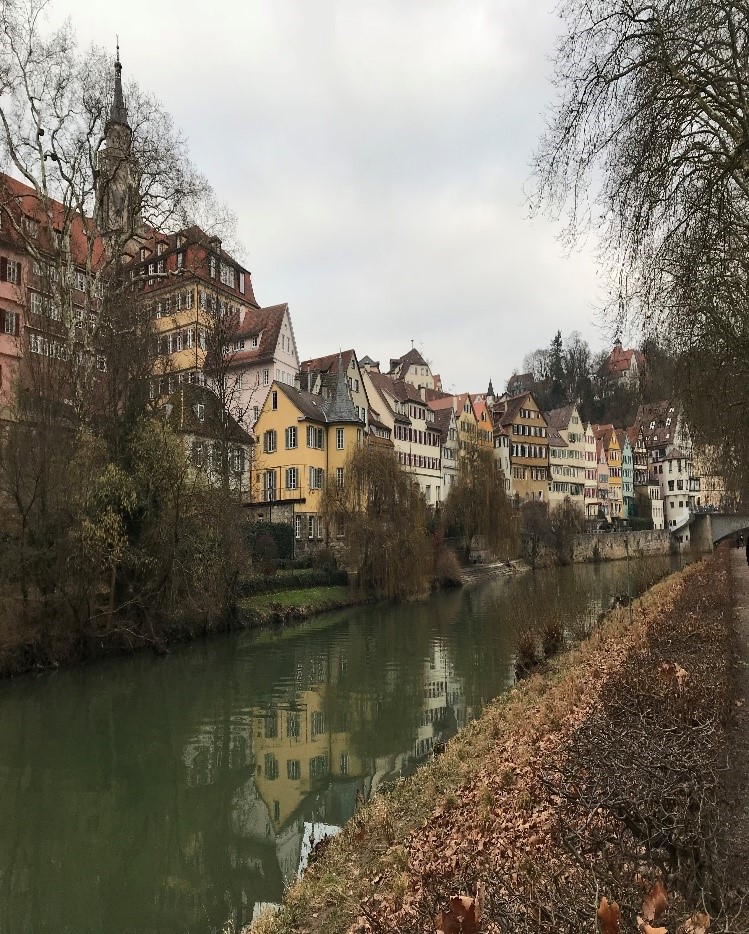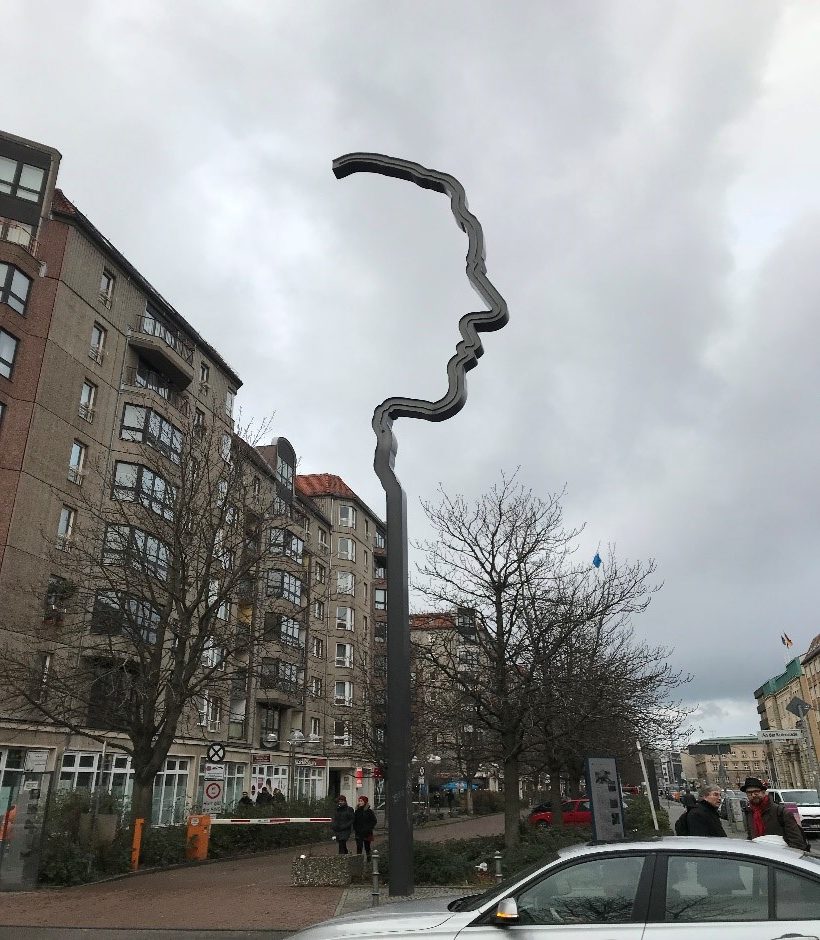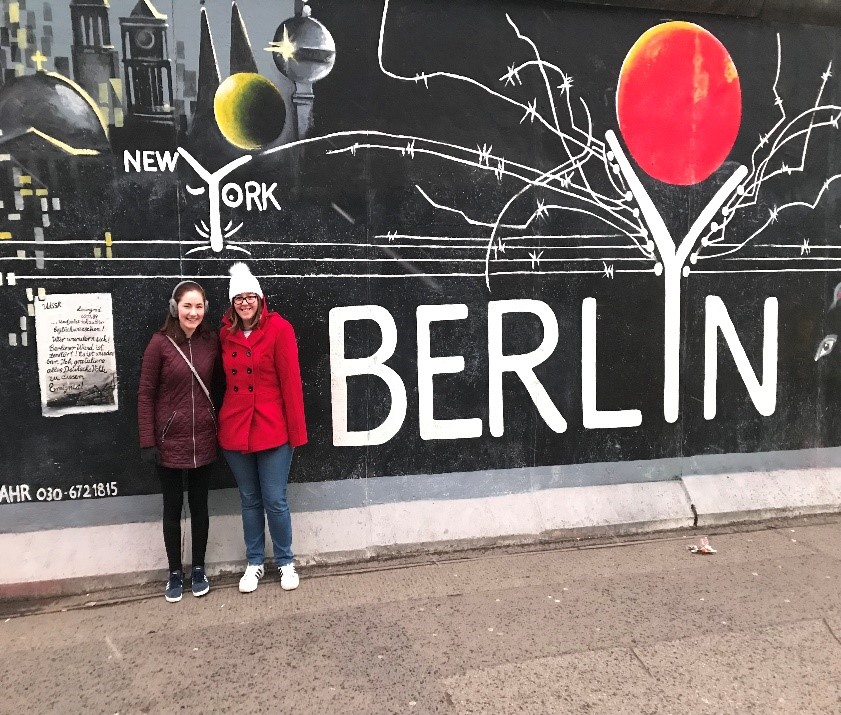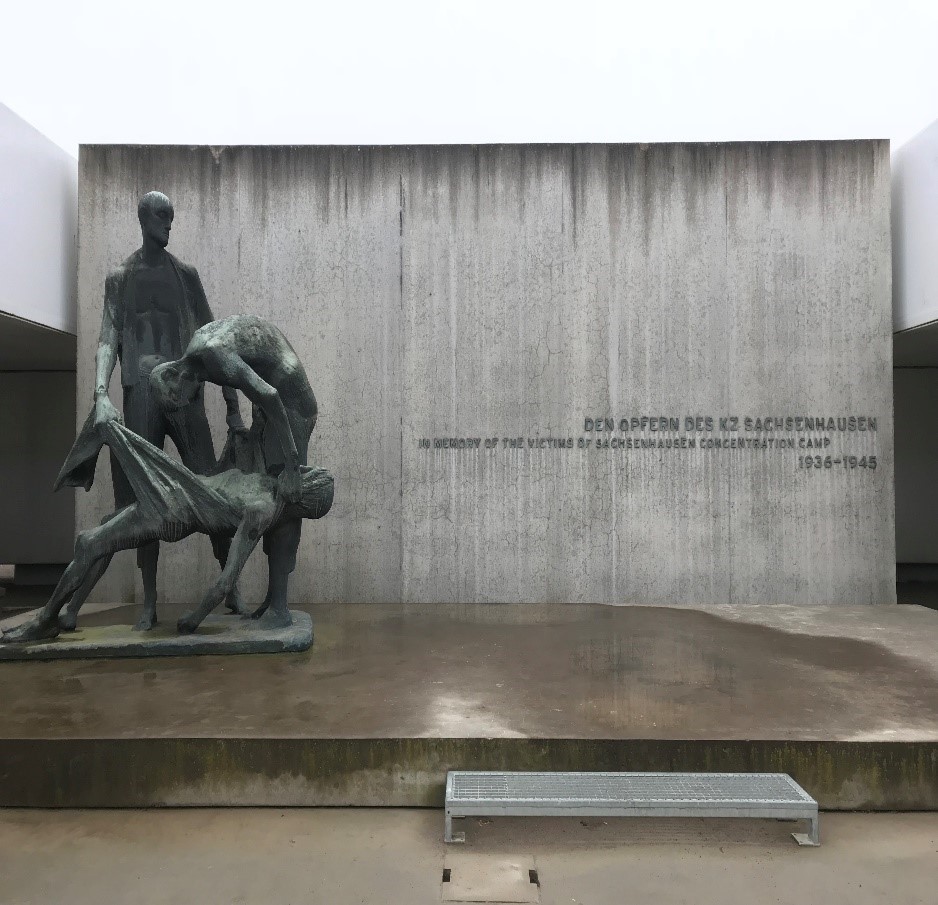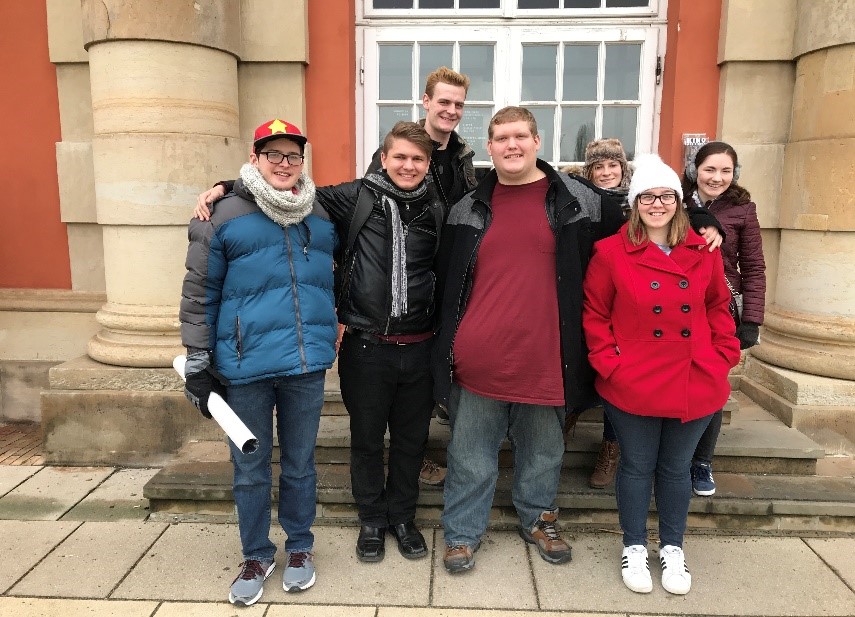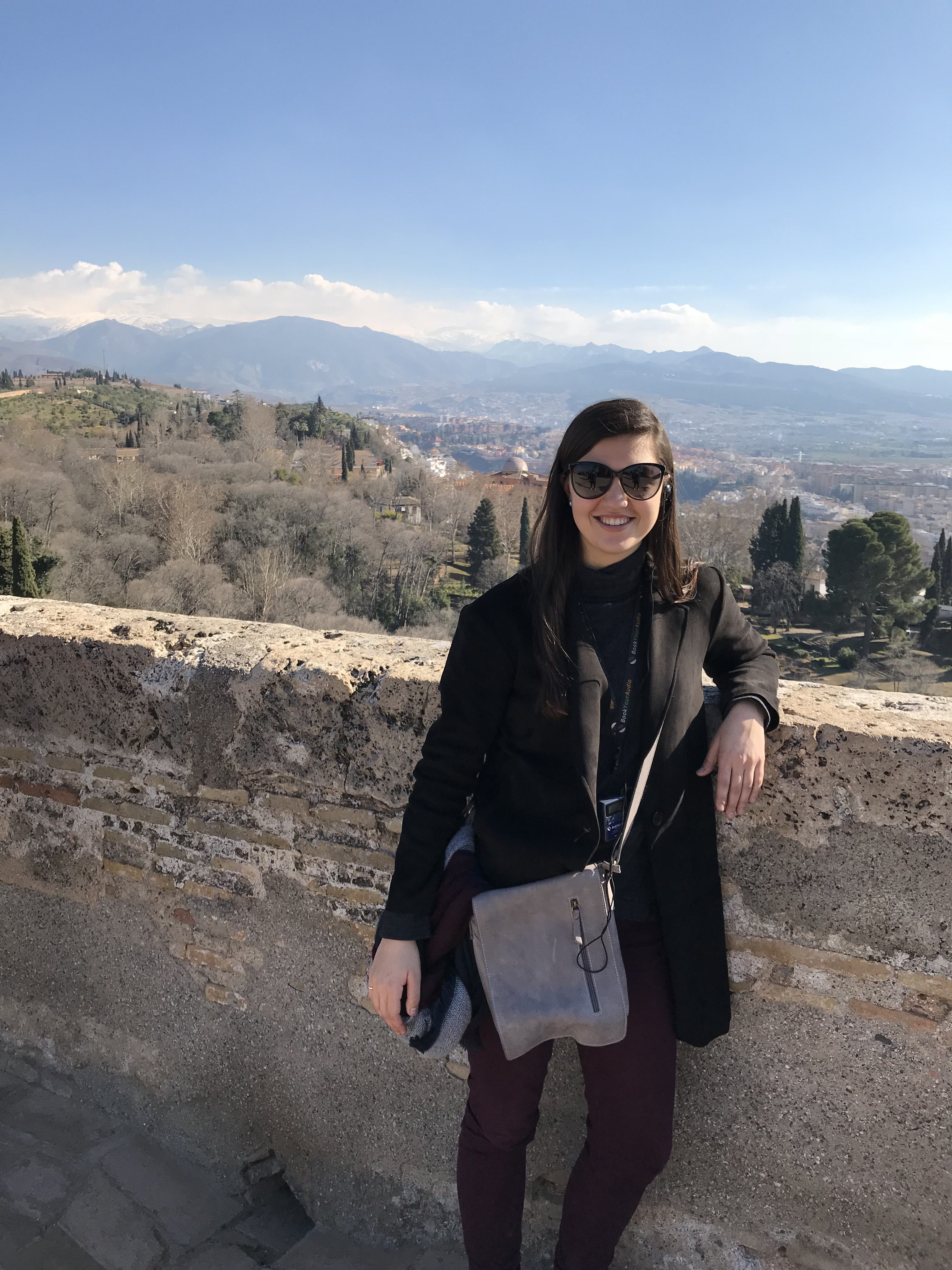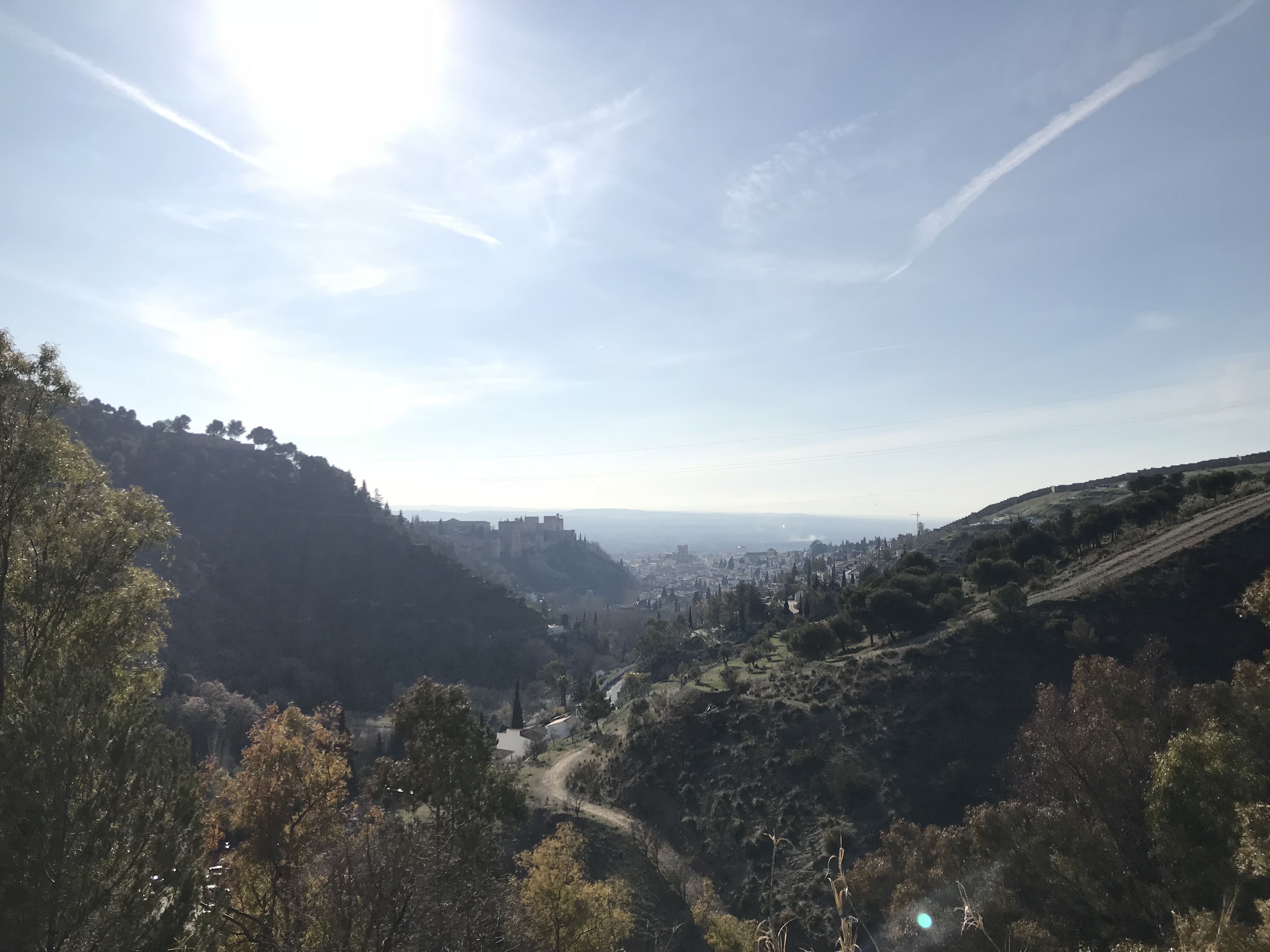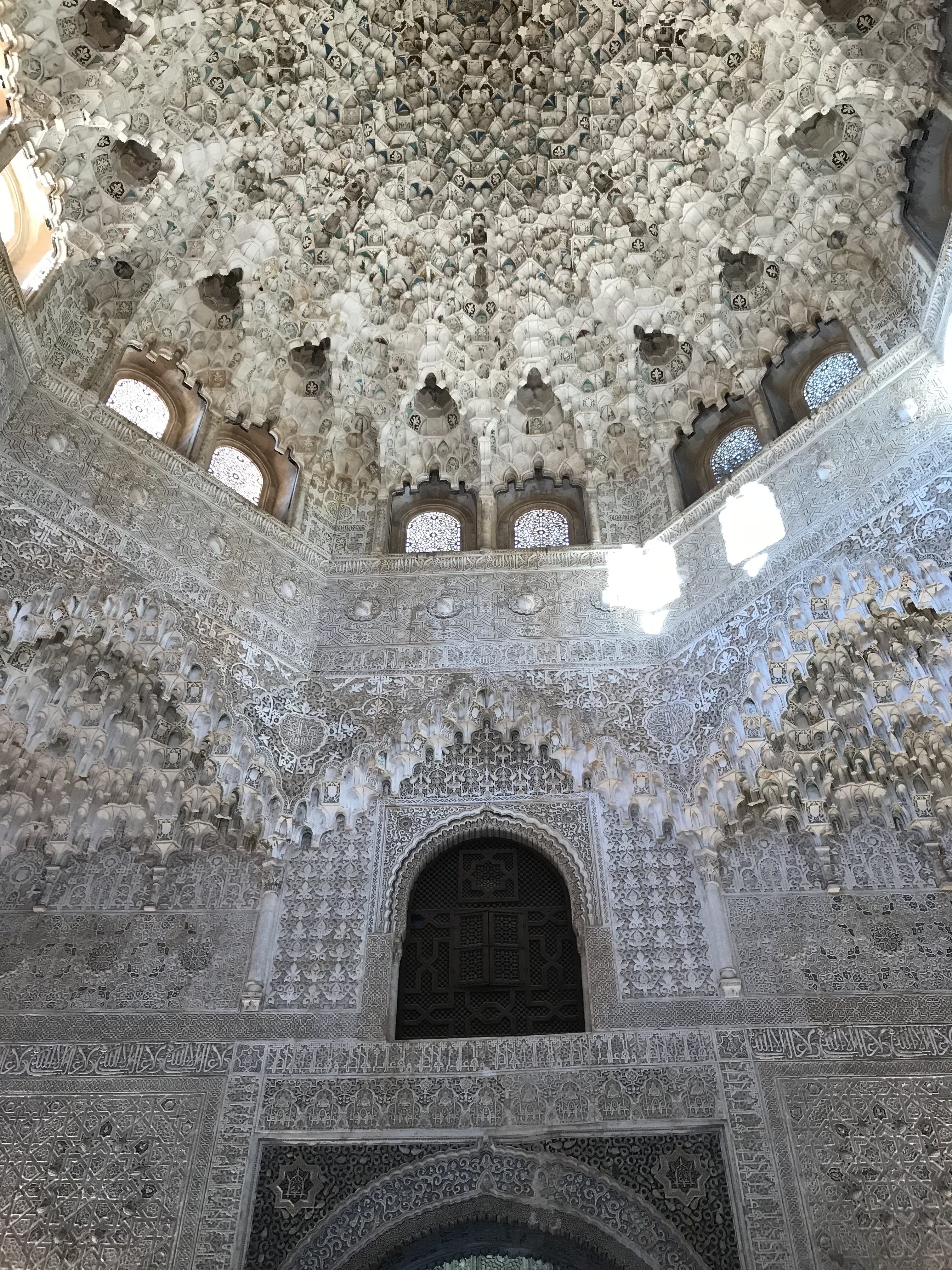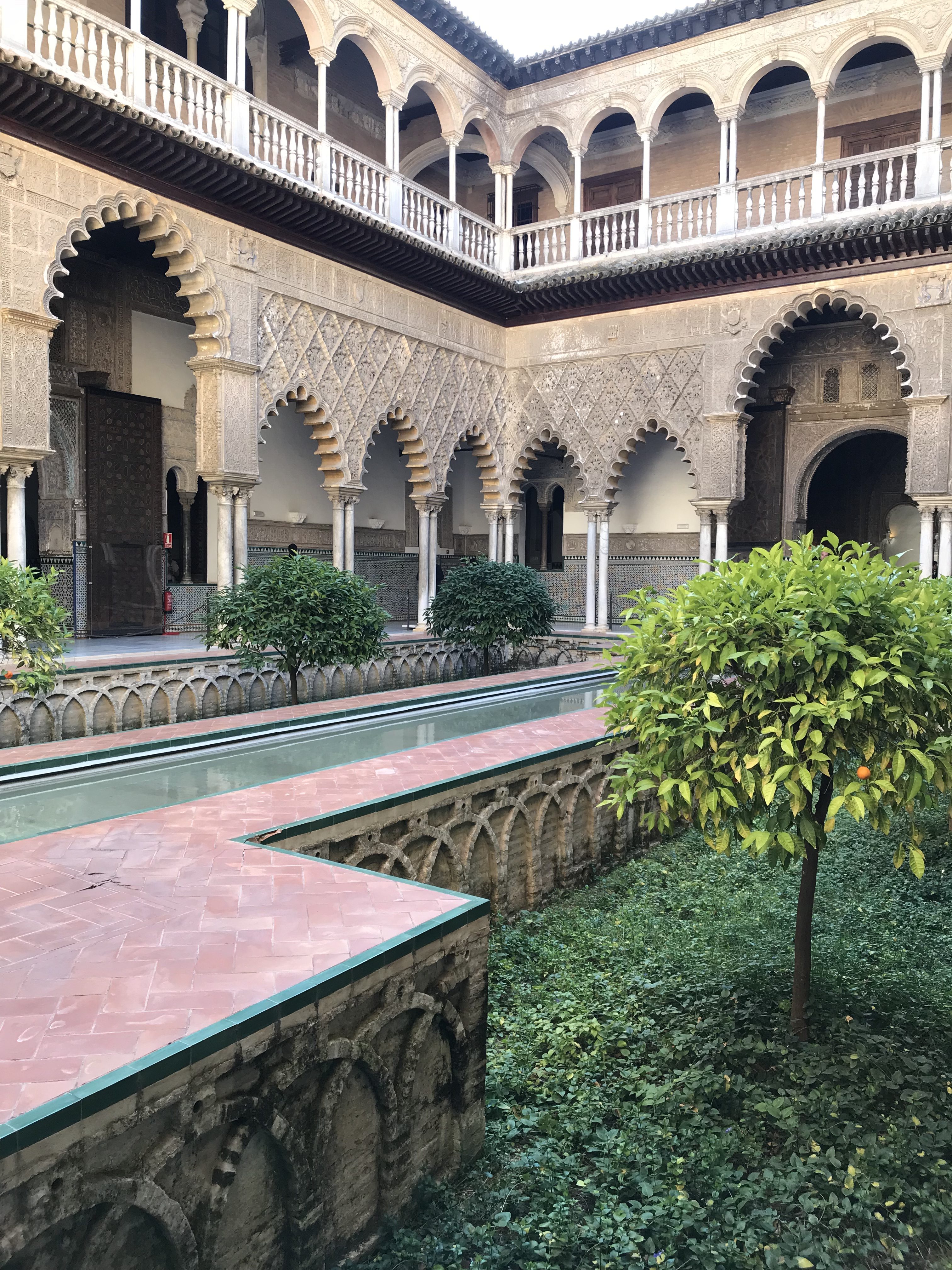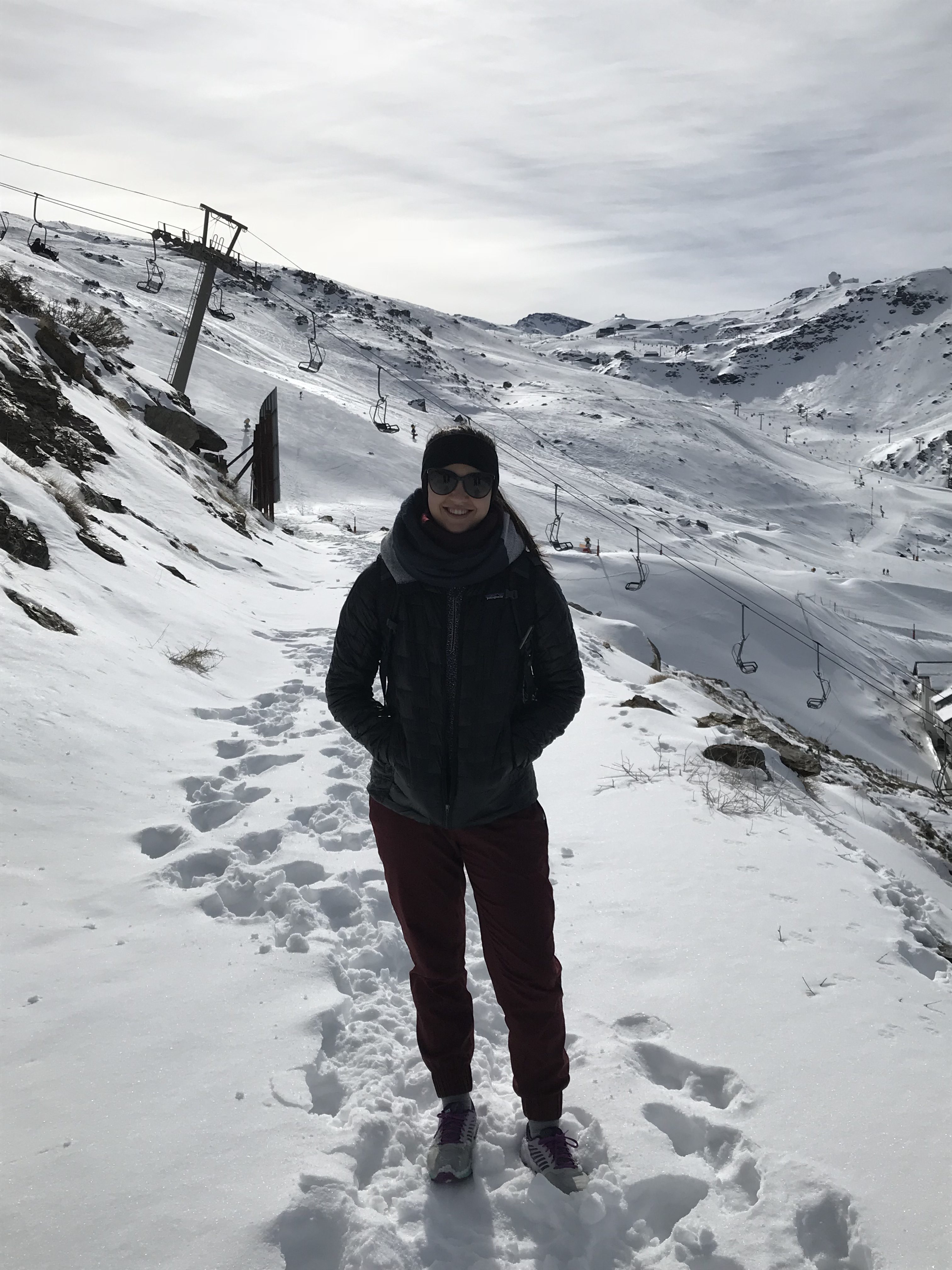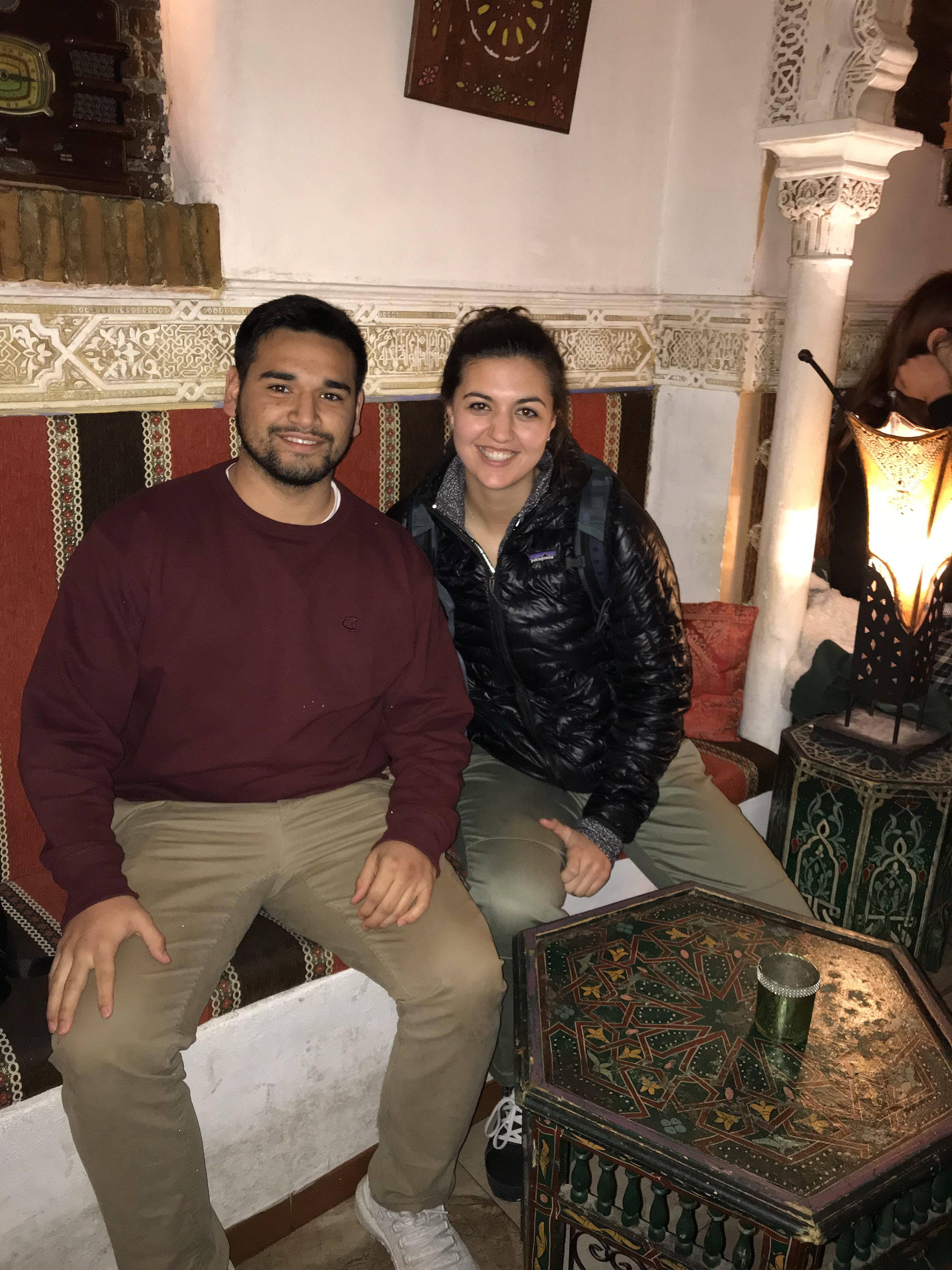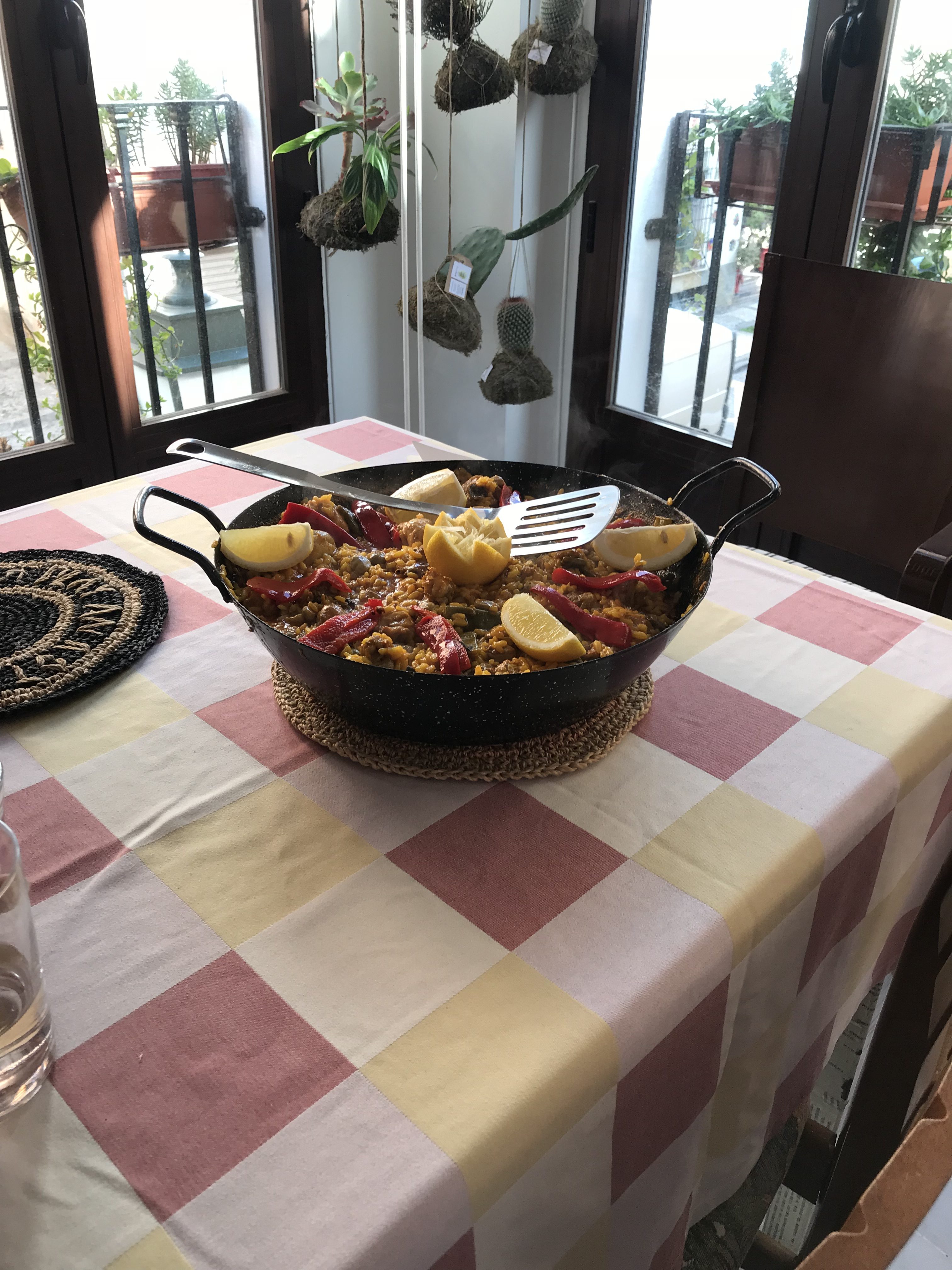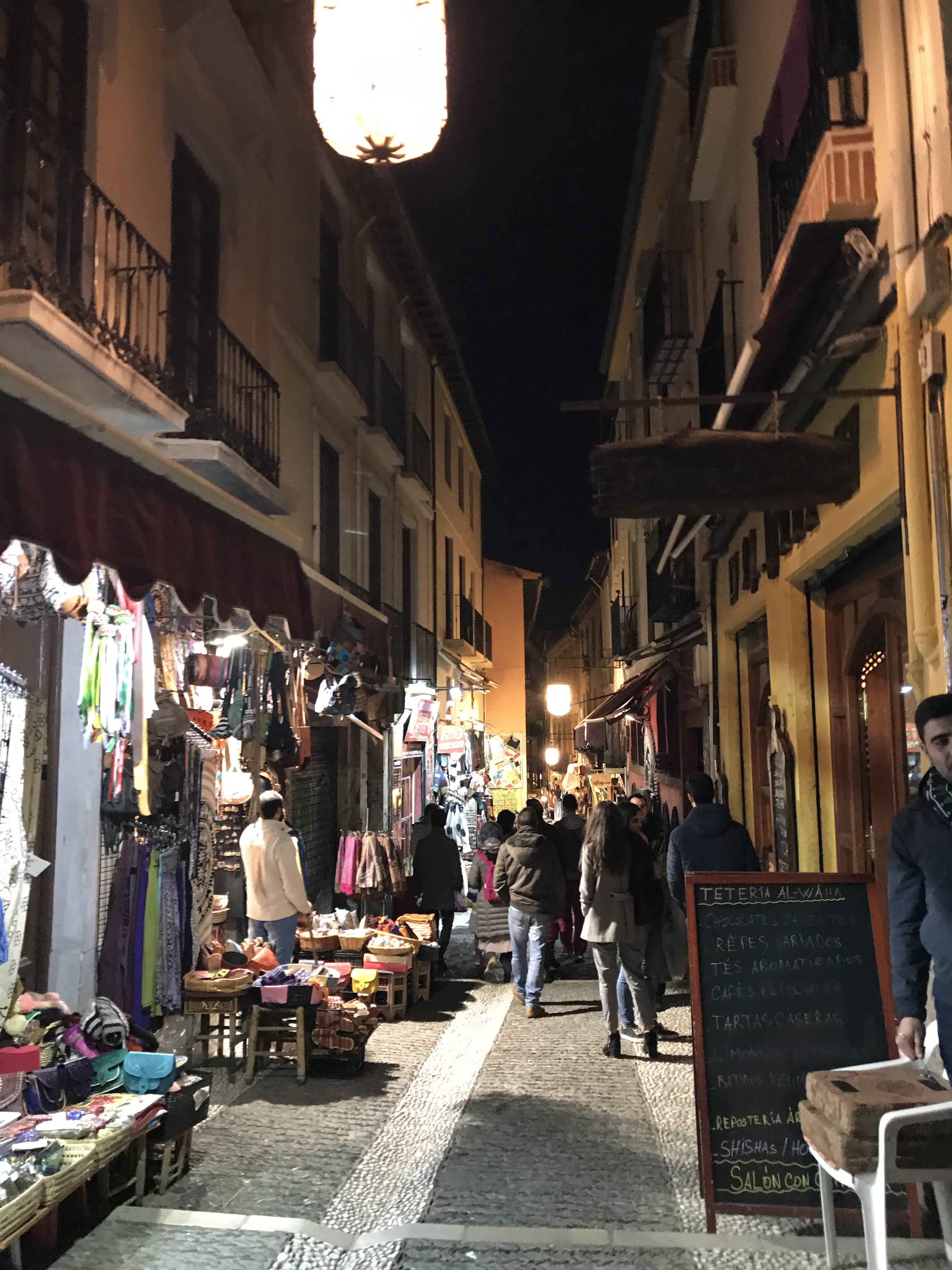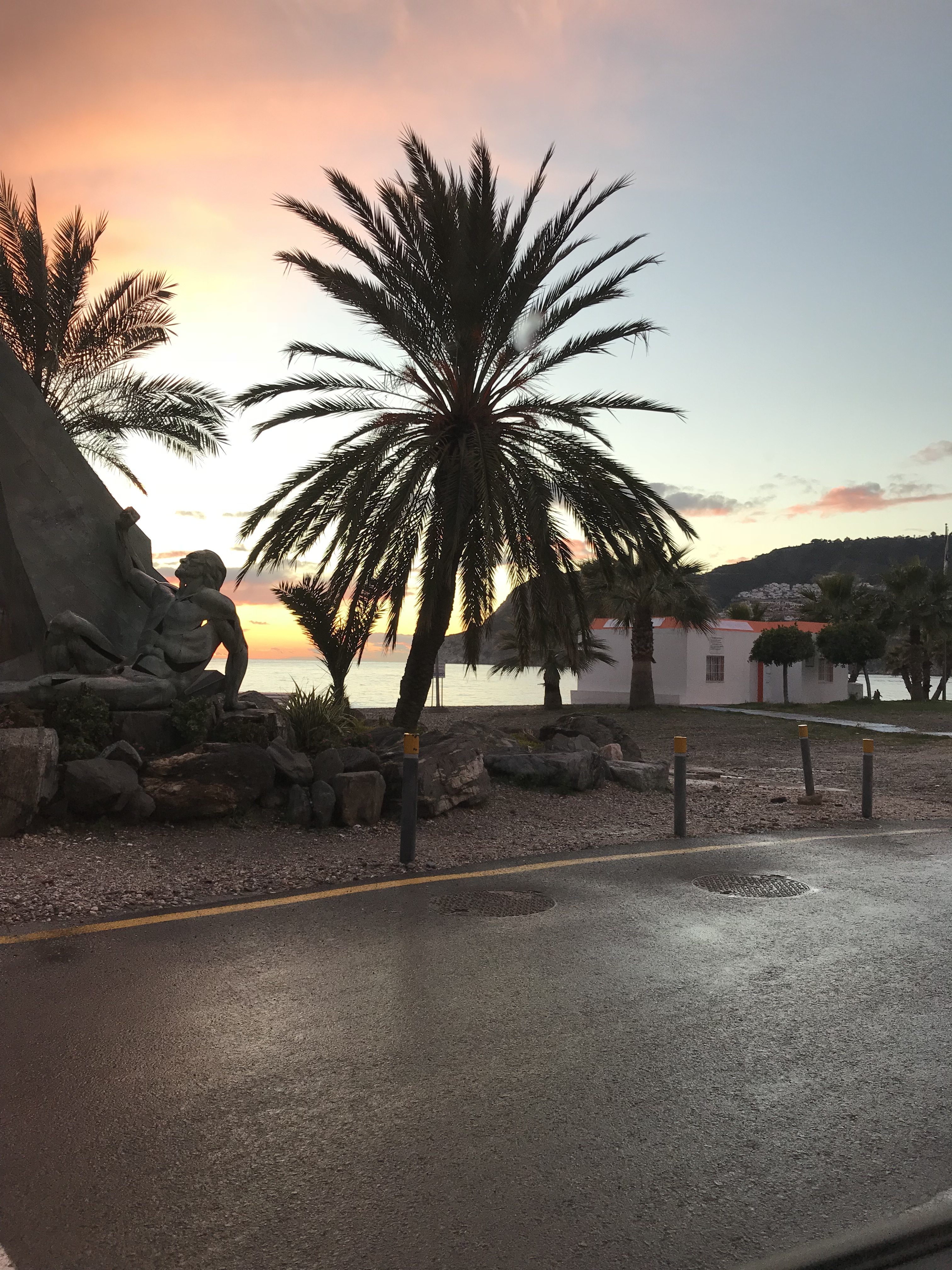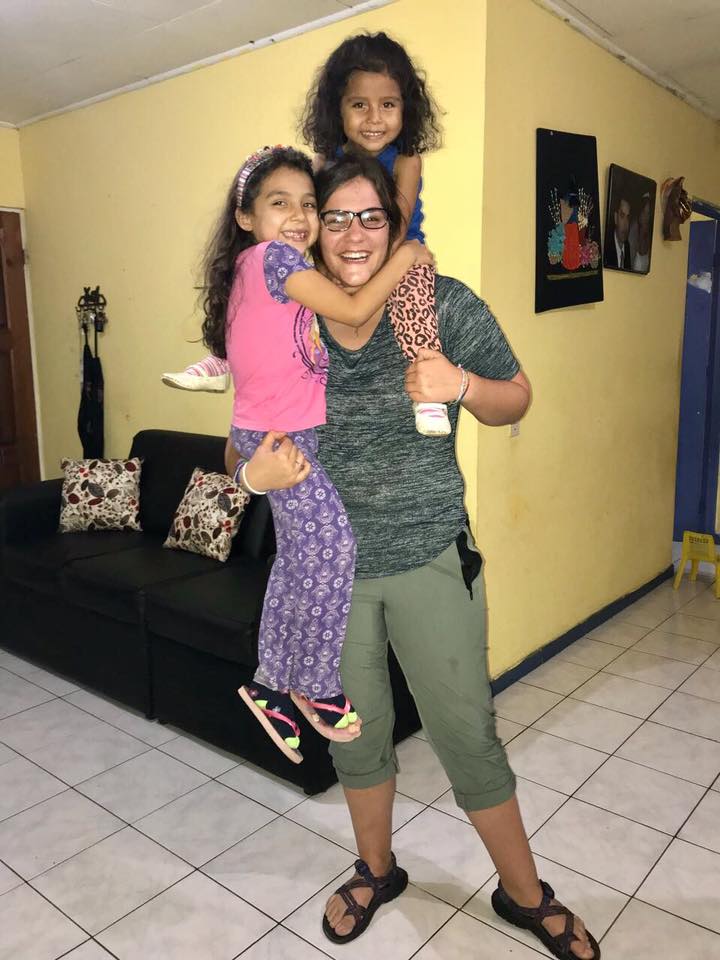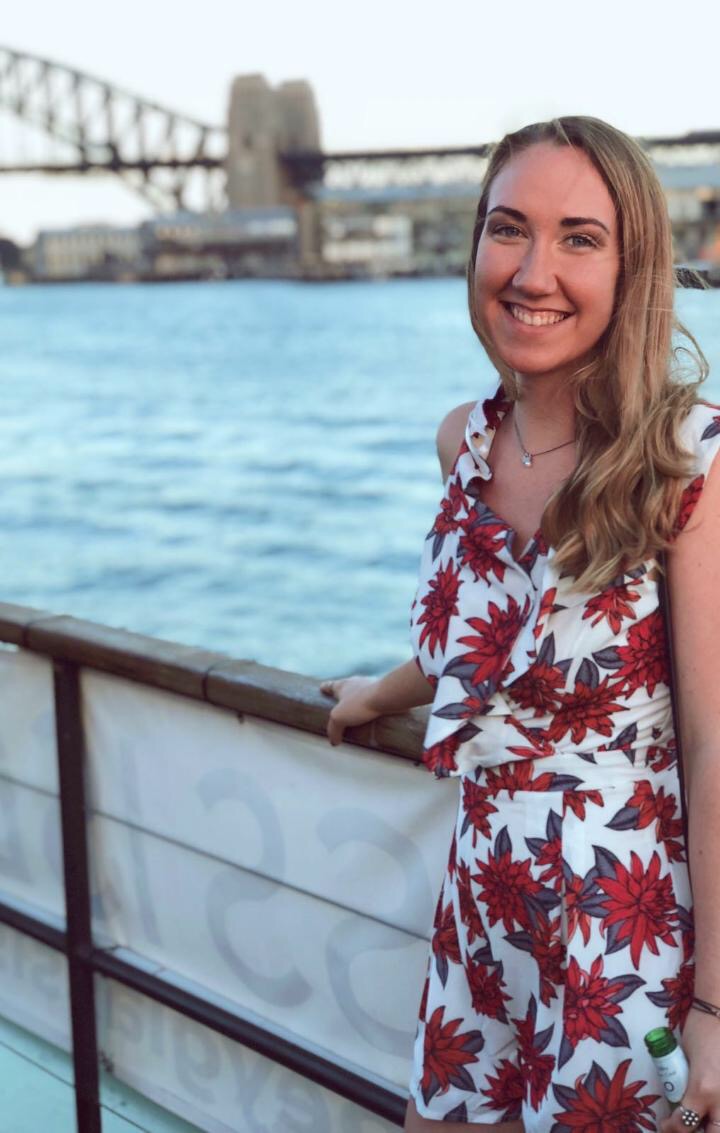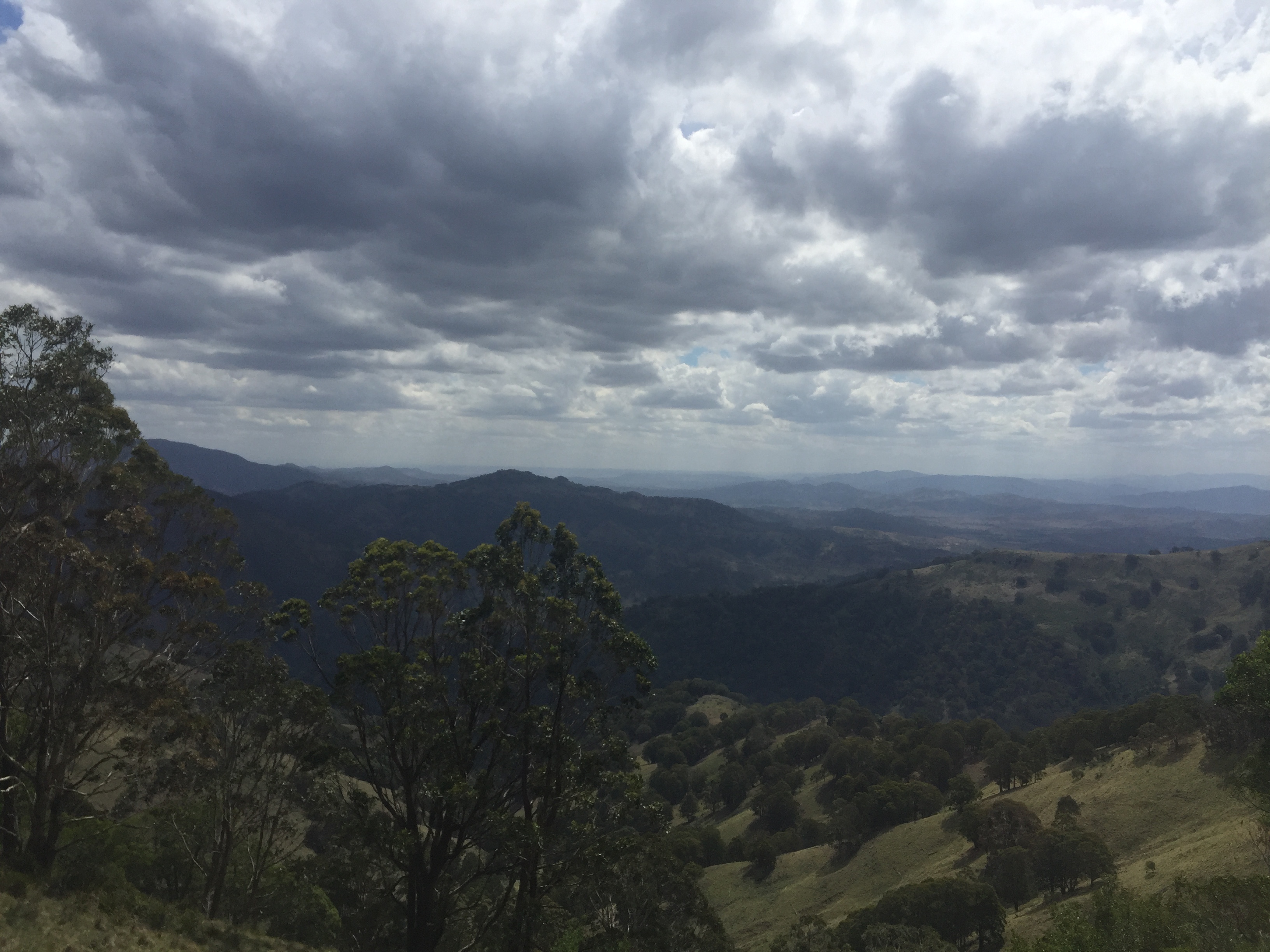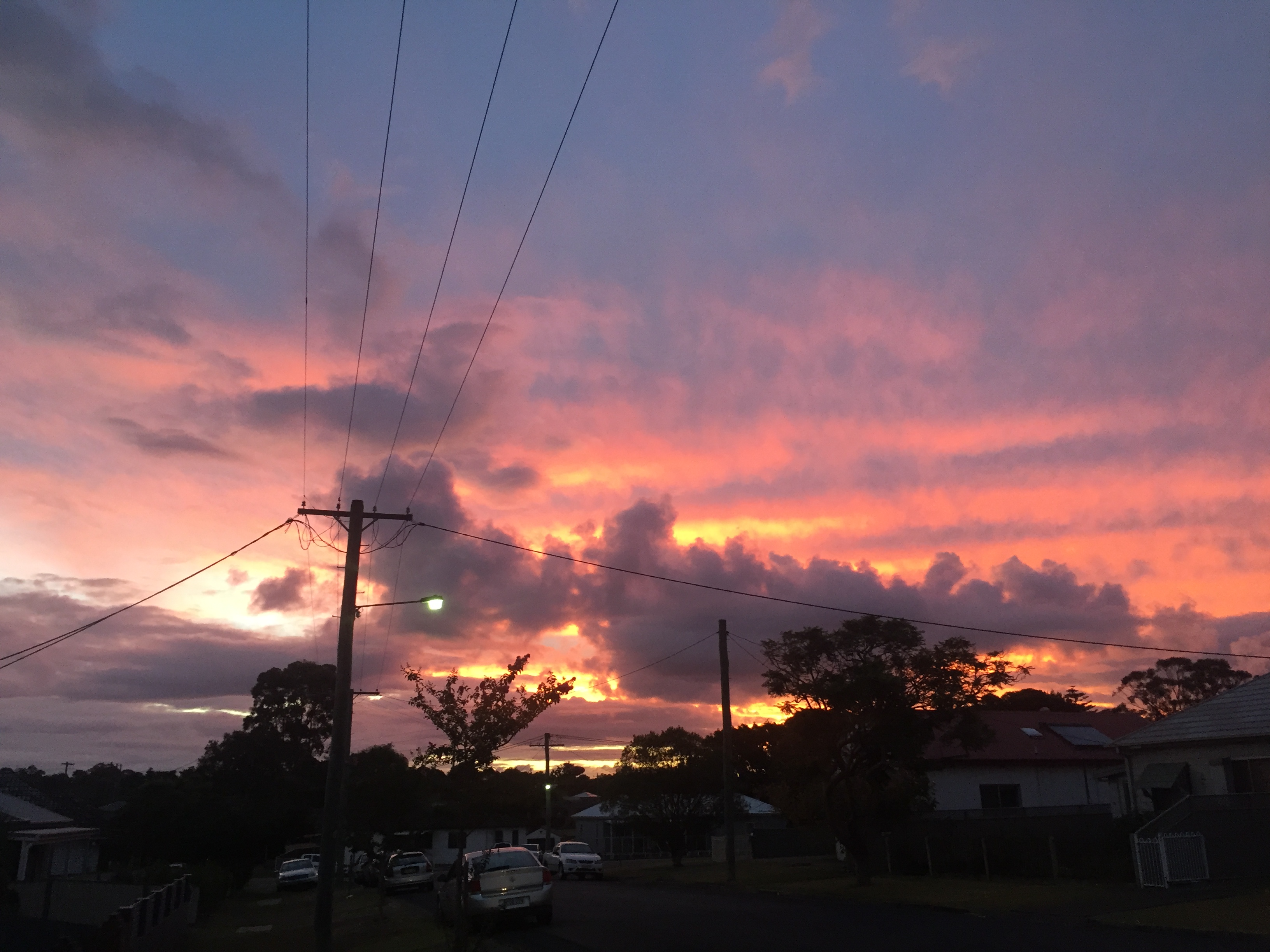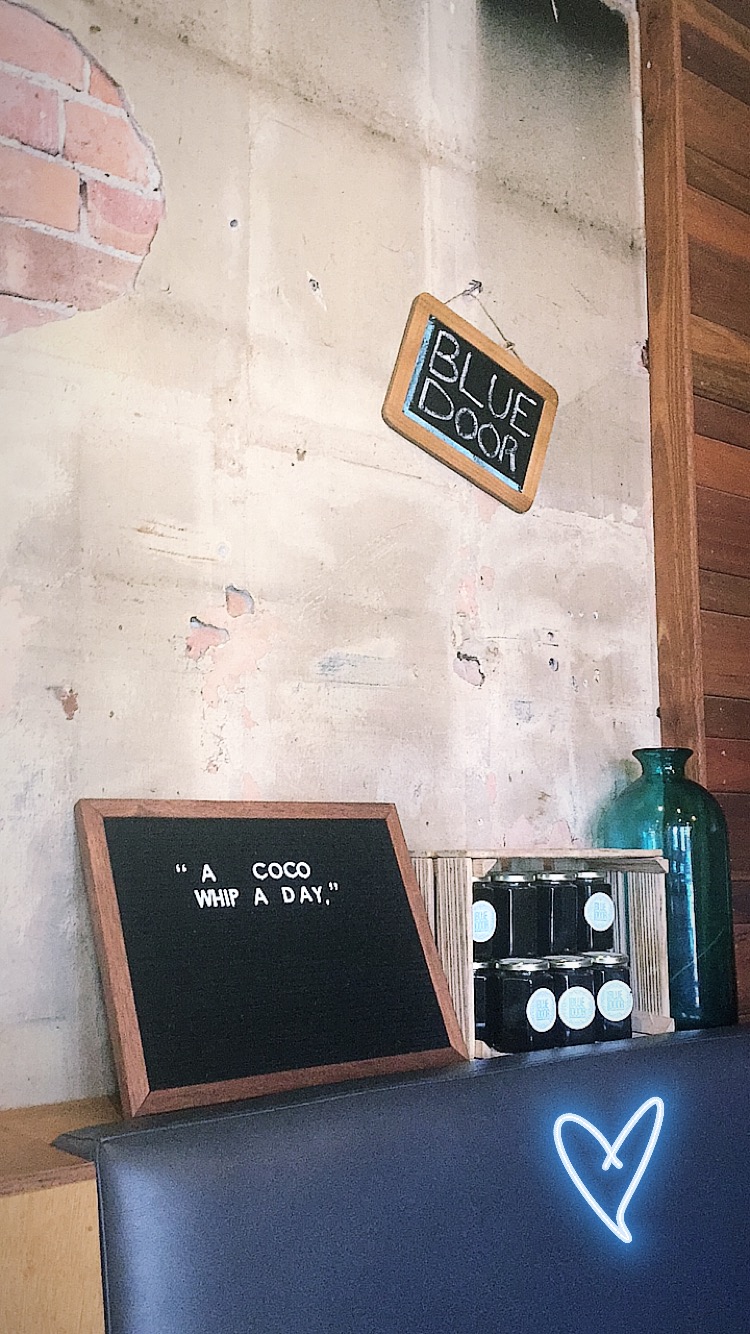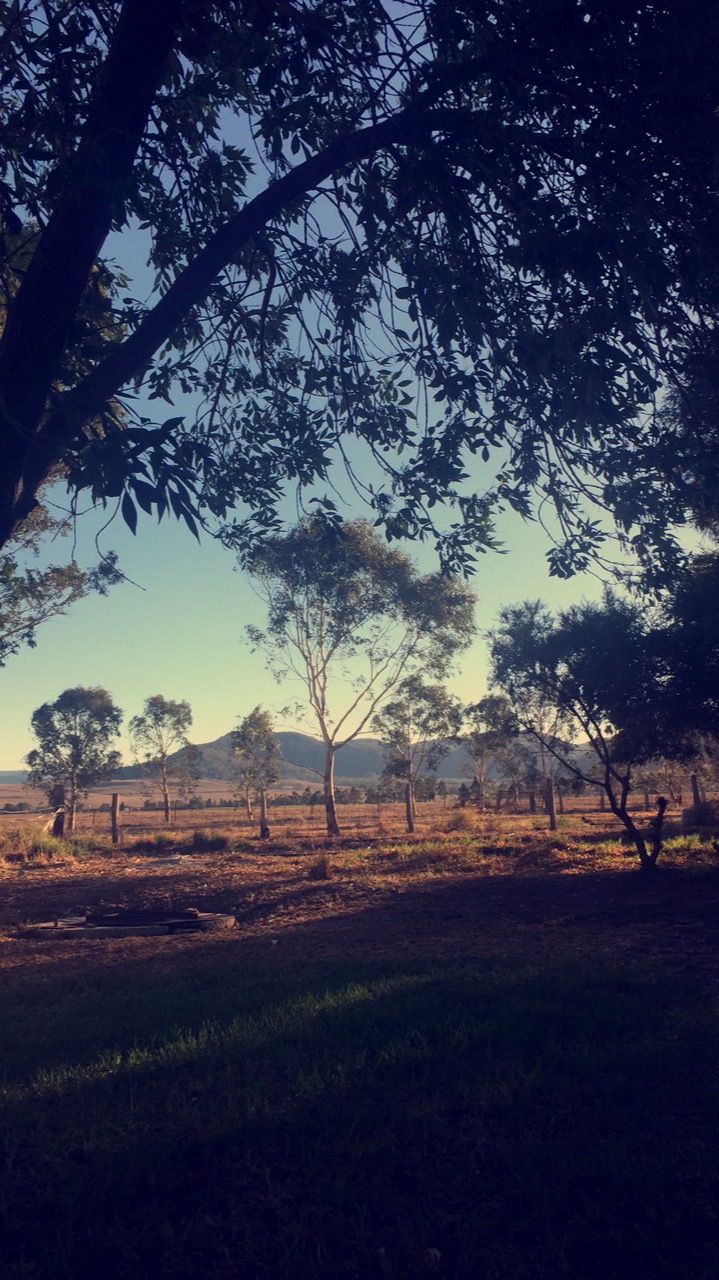Author: Emily Nelson
Location: Hirakata, Osaka, Japan
Since arriving in Japan, I’ve made some exciting strides that are often achieved while studying abroad, including grasping the language, completing complex paperwork, solving unanticipated problems, and navigating social circles. However, what’s surprised me most is my ability to adapt to living on the opposite side of the planet. Granted, some of that was achieved prior to coming through numerous visits to family. I truly didn’t realize the magnitude of this move until a few people complimented me as brave. Actually, it puzzled me. I wrote it off as something miniscule, that I had simply planned on going to Japan for numerous years and it was destined to happen.
I perceived this sense of awe, and may I say respect without being too condescending, when discussing my athletic activities with others as well. I seem to have a reputation for being “cool” as a weightlifter and ballroom dancer(and nerd, although I think that’s a stretch!) At this point in my life, I’ve begun to realize just how courageous I’ve become. I do not like risks, and therefore I’ve always erred towards the conservative side. Yet over the past few years, I’ve branched out more and more: Socially, physically, etc. I discovered that my life is so much more colorful when learning to accept the possibility of loss. Studying abroad has helped me graciously lose and gratefully gain, from the best of friends and the hardest of days.
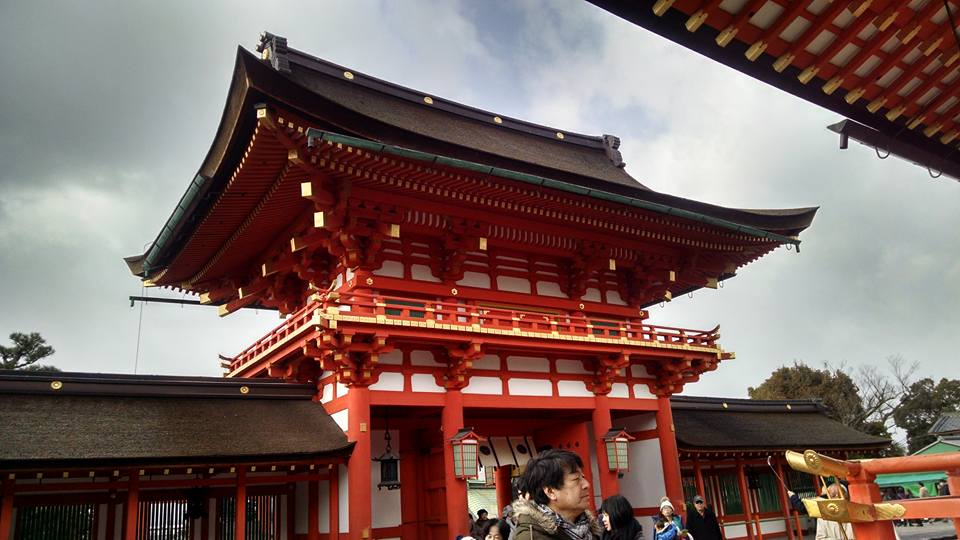
A shrine in Kyoto
We often become trapped in a web of routine, and studying abroad challenges this head-on. While I do have a schedule here, I often find myself getting lost or digressing, creating plenty of new adventures. Sometimes I wish I could say that I was even more intrepid, but I take this day by day and accept the person I am now while looking forward to the person I’m becoming. It is so important to accept the fact that changing yourself is okay, especially if you want to and with the right reasons. So for now, as I’m soaking in Japanese culture and understanding what my role is in a cultural context, I’m content with not having my life completely figured out.
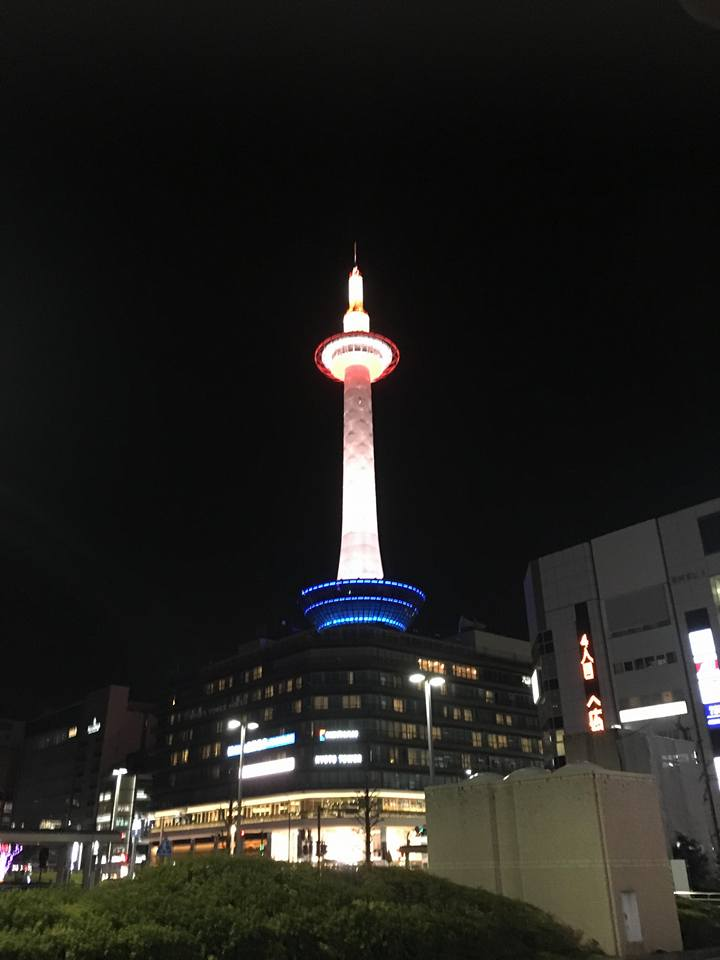
Kyoto Tower
The last statement would have frightened me as a teenager. Actually, I am still 19, but that’s besides the point. As someone with most of their ducks in a row, I still prefer comfort and stability. As I’ve become older, however, I’ve let my experiences and individuals around me shape who I am, while still keeping my values in mind. I never understood why my mother always told me not to take things so personally, but now I believe I do. The world can crush you if you analyze it too much. Studying abroad is horribly stressful if one thinks they have to do everything perfectly, and it simply isn’t realistic. Your perception is the one thing that can be used to set yourself free. Mistakes are where the greatest learning occurs, and persistent work is propelling me in the right direction. I’m not exactly sure what direction that is, but for now, I will steer myself where my heart sees fit.
